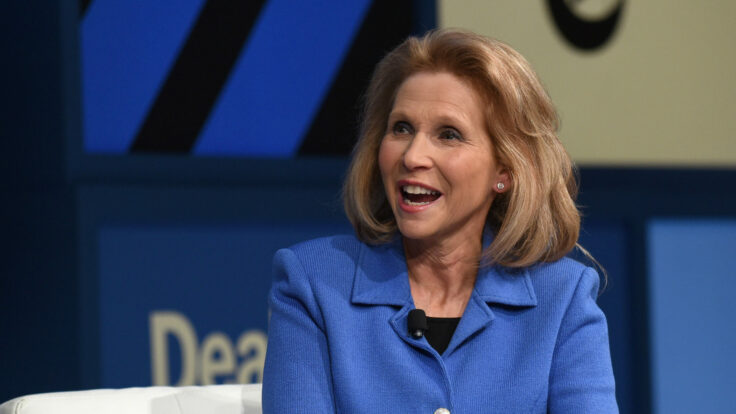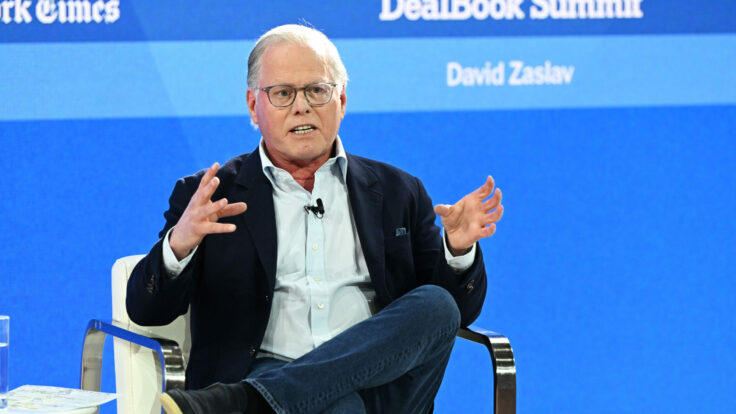Wall Street doesn’t hold onto bad assets for long, and this past week, the books were finally closed on the Citrix buyout as the consortium of big banks involved in the deal—Goldman Sachs, Bank of America, and Credit Suisse, among others—sold the last tranche of the software company’s junior debt for 79 cents on the dollar, perfecting a collective loss of $1.5 billion. As Silicon Valley Bank discovered recently, disaster arises in banking when debt is bought, or underwritten, during one interest-rate environment and sold into another. I’m sure the good folks at UBS are enjoying the hit that their new toy, Credit Suisse, took on the “Shitrix” deal.
But the real chatter about Shitrix is merely what it forebodes, as I have noted before, for the other debt deals still on the balance sheets of the Wall Street banks, including the $13 billion of debt used to finance Elon Musk’s $44 billion leveraged buyout of Twitter (possibly the worst buyout in the history of Wall Street) and Apollo’s $7.1 billion acquisition of Tenneco. The implication of the Shitrix pricing is that the bloodbath for the banks that underwrote these deals—including Goldman, BofA and Morgan Stanley, among others—will continue.

















